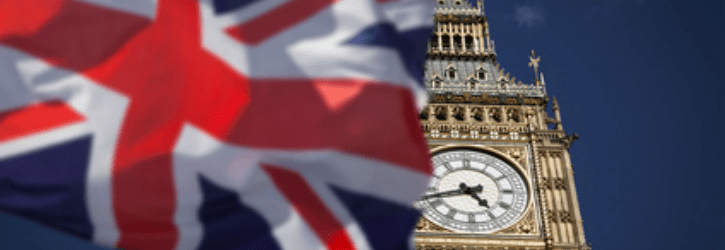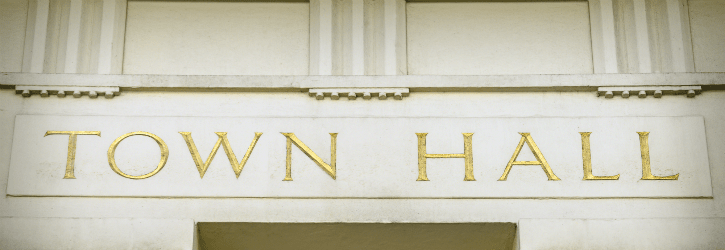Welcome To The Data Leak Lawyers Blog
We focus on the latest news surrounding data breaches, leaks and hacks plus daily internet security articles.
We focus on the latest news surrounding data breaches, leaks and hacks plus daily internet security articles.

We already believed that the risk of further public sector and government data breach incidents was significant, but a recent review has drawn similar conclusions.
Many of the thousands of clients that we represent have had information exposed or misused by a public sector body. In the wake of the recent New Year’s Honours data breach that we’re pursuing damages for, a review has concluded that the risk of further breaches is “significant”.
This doesn’t come as a surprise to us, and we can explain why. Many are labelled as just “human error” incidents, but there can be so much more to it than that.

No one is above important data protection legislation. Victims can be eligible to make a Home Office data breach compensation claim when information is leaked, exposed, or misused, and we can help.
It’s important to know that there’s no hiding from important data protection laws. It applies to all, and this includes public sector bodies and government departments. With a recent spate of hundreds of Home Office data breach reported in the media, it’s important that victims understand their rights.
We’re here to help. If we can represent you for a compensation claim, we can offer No Win, No Fee representation.

Government data breaches can be incredibly serious, and when you look at why, it’s obvious. Victims of these kinds of data breaches should know their rights for justice as well, and this goes for both national and local government organisations.
I heard recently that a survey suggested that some IT bosses in the public sector consider that the data they hold is not as valuable as data in the private sector. Clearly, some of these individuals do not grasp the gravity of the extent of data that’s stored and processed by public sector organisations and would do well to consider this.
Given the nature of the data that they hold, and for how many people, any breach, leak or hack can be serious.

If you’ve been the victim of a Home Office data breach, we may be able to assist you with a claim for compensation on a No Win, No Fee basis.
Recent research has indicated that there has been a spike in the recording and reporting of data breaches at the Home Office since GDPR came into force last year. Whether this is down to a greater number of breaches, or just greater awareness for reporting, is unknown. But with the Home Office dealing with a wealth of personal and sensitive information, victims of a data breach need to know their rights.
You can be eligible to make a claim for data breach compensation that stems from the Home Office. Read on for a little more advice.

You may be eligible to make a claim for data breach compensation if you’ve been the victim of an incident involving HM Revenue and Customs.
Central and local government data breach incidents are one of the most common types we deal with here at the Data Leak Lawyers. Whether it’s funding restraints or the wealth of personal and sensitive data they hold being difficult to handle, a lot of the individual cases we take forward fall within this category.
With this in mind, here’s a little information about your rights when it comes to a HM Revenue and Customs data breach claim.

Some 5 million HMRC voice ID records are to be deleted after regulators ruled that a “significant” breach of data protection law had taken place over the use of the “my voice is my password” system.
The UK’s data watchdog, the ICO (Information Commissioner’s Office), has given the government until next month to remove data collected without proper content from millions of taxpayers. Although some people have since opted in for the system, the data for those collected and retained without proper consent is to be removed.
The issue has raised concerns over the government’s own ability to adhere to important data protection laws, with the ICO critical of HMRC’s behaviour.

There has been some recent controversary over the government’s use of the ‘my voice is my password’ system.
Privacy campaigners have reportedly called for HRMC to delete the millions of recordings they hold for people who use the ‘my voice is my password’ system because they’ve failed to gain clear and proper consent from users of the system. The government say that the system is secure, and they have relied on implied consent; but privacy watchdogs are concerned over consent, security and storage.
Eyebrows have certainly been raised…
Fill out our quick call back form below and we'll contact you when you're ready to talk to us.